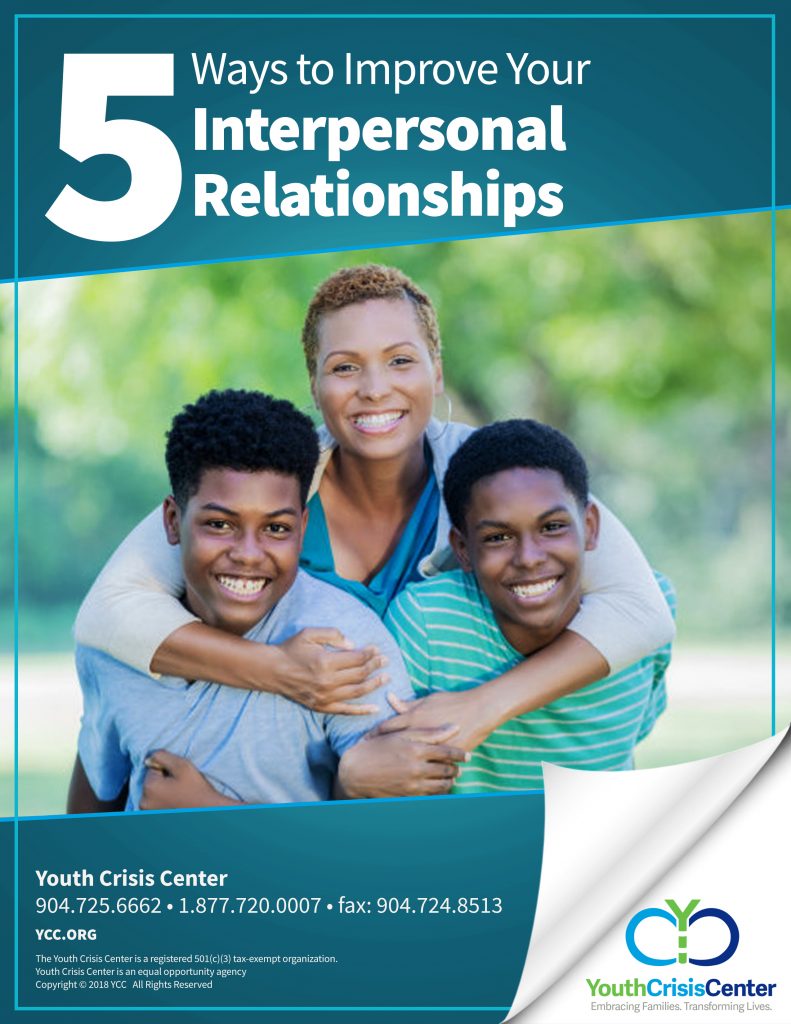Could That Bully Actually Be a Victim of Domestic Violence?
As we mark Domestic Violence Awareness Month, along with Bullying Prevention Month, it’s the perfect time to examine the connection between domestic violence and bullying. Studies show that children exposed to violence at home tend to participate in higher levels of physical bullying than young people who were not witnesses to violent behavior.
Domestic Violence Can Influence Child Bullies
Researchers from the University of Washington and Indiana University were among the first in the country to focus their study on the association between children who witnessed their parents or caregivers behaving violently towards each other and that child’s likelihood to bully other kids. It also drilled down to look at the type of violence the child witnessed as compared to the tactics the child used while bullying others. For example, if a child witnessed hitting and pushing at home, did they, in turn, hit and push others?
Overall, the study found that 34 percent of the children studied engaged in bullying, and 73 percent reported being the victim of some form of bullying in the previous year. Sadly, most of the bullies – a whopping 97 percent – said they themselves had been victims of bullying. The study concluded that children learn behaviors from their biggest influencers, which, in the majority of cases, are their caregivers or parents.
Civil Citation Program
For youth that are the perpetrators in a domestic violence incident, the Department of Juvenile Justice Civil Citation program may be an option, depending on the severity of the case. This allows juveniles to stay at YCC’s Residential Crisis Care program and receive counseling services instead of going to a lock-down facility and having a criminal record.
Adolescent Domestic Batterers Typology Tool
One tool YCC uses to gather more information about youth who batter their family members is the Adolescent Domestic Batterers Typology Tool (ADBTT). ADBTT helps provide a framework for developing appropriate goal/treatment plans and utilize appropriate treatment options based on the youth’s risk of future domestic violence incidents.
Trauma Continues to Grow
The emotional and psychological injuries from domestic violence and bullying can have longer impacts than physical wounds. Ron Bertie, outpatient therapist at the Youth Crisis Center in Jacksonville, said he is seeing an increasing number of adult clients who have never addressed the childhood trauma they experienced from violence or bullying. “At YCC, we don’t just treat the child, we treat the entire family in order to address their relationship issues, emotional scars, or trauma from growing up,” explains Bertie. “When adults have families and children, it can bring up emotional wounds that haven’t healed and are now resurfacing and negatively impacting their current family unit.”
It’s important to seek help if you or a family member is struggling with the impact of violence or bullying. The Youth Crisis Center’s Outpatient Behavioral Health program serves children ages 3 and up, including family members of any age. It provides counseling for a myriad of behavioral and mental health concerns through individual, family, group and couples counseling.
Outpatient Behavioral Health
The program’s licensed mental health therapists and board-certified psychiatrists provide care for a variety of concerns, such as depression, anxiety, ADHD, behavioral issues and trauma. Individual, family and group therapy, psychiatric evaluations and medication management are provided onsite.
Warning signs of teenagers living with domestic abuse:
- Poor grades, failing in school
- Running away
- Inability to express feelings
- Property destruction
- Violent outbursts
Warning signs of bullying:
- Difficulty sleeping or frequent nightmares
- Changes in eating habits
- Declining grades, loss interest of schoolwork
- Self-destructive behaviors (e.g., hurting themselves, running away from home, talking about suicide)
- Decreased self-esteem
Being aware of the symptoms and the developmental impact is a step toward advocacy and advancement in the treatment of children exposed to violence or bullying. If you recognize these symptoms, reach out to a mental health professional, a school counselor or someone in authority who can assist with addressing the problem. It’s time to stop the cycle of abuse for the health of everyone – at school, at home and at work.
Are you concerned about relationship issues with your child or between family members? The Youth Crisis Center’s Outpatient Behavioral Health program provides comprehensive mental health and psychiatric care to children as young as 3, as well as their families. Parents may receive individual and family counseling services regardless if their child is a YCC client. Click to learn more about 5 Ways to Improve Your Interpersonal Relationships.


